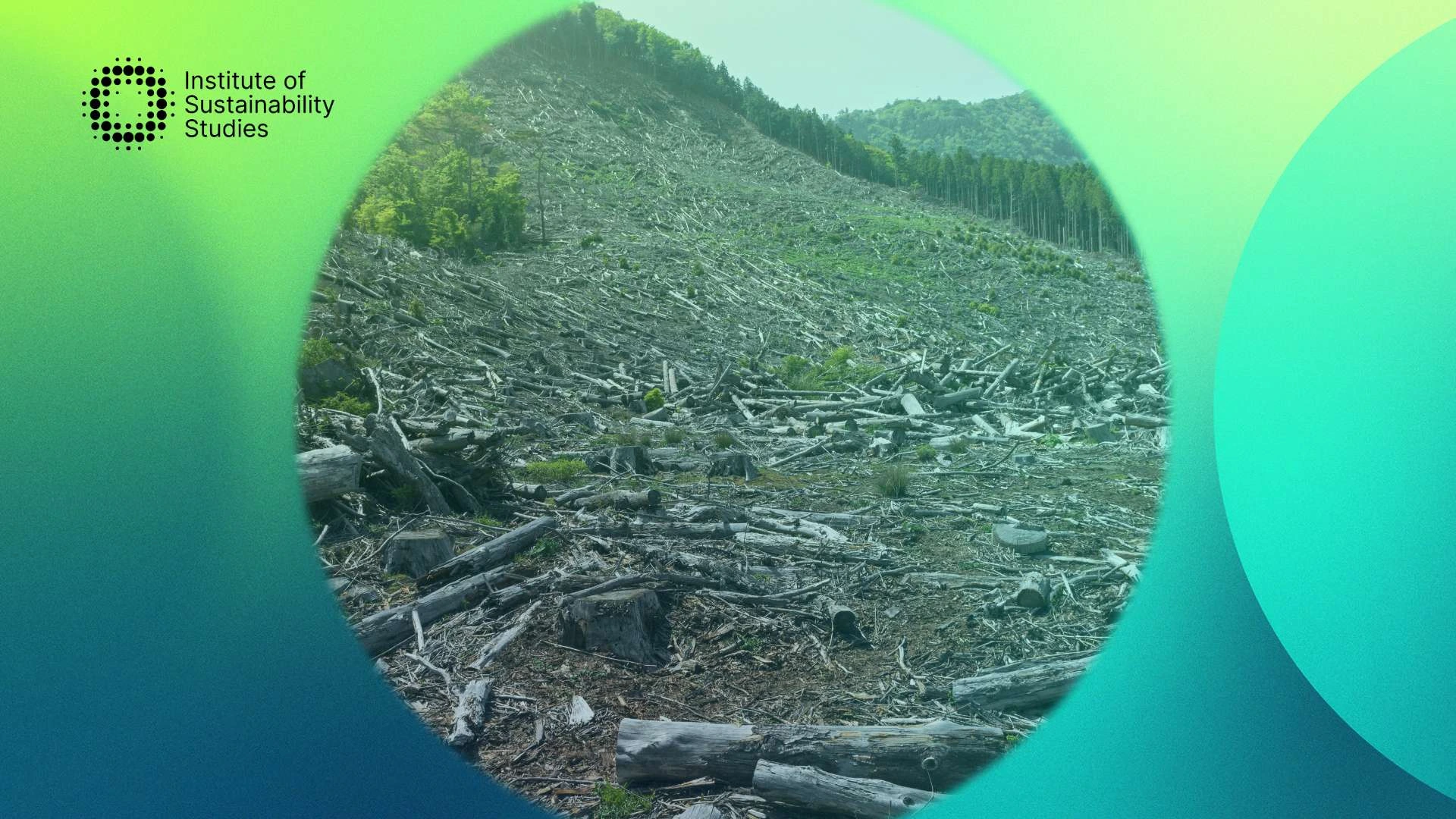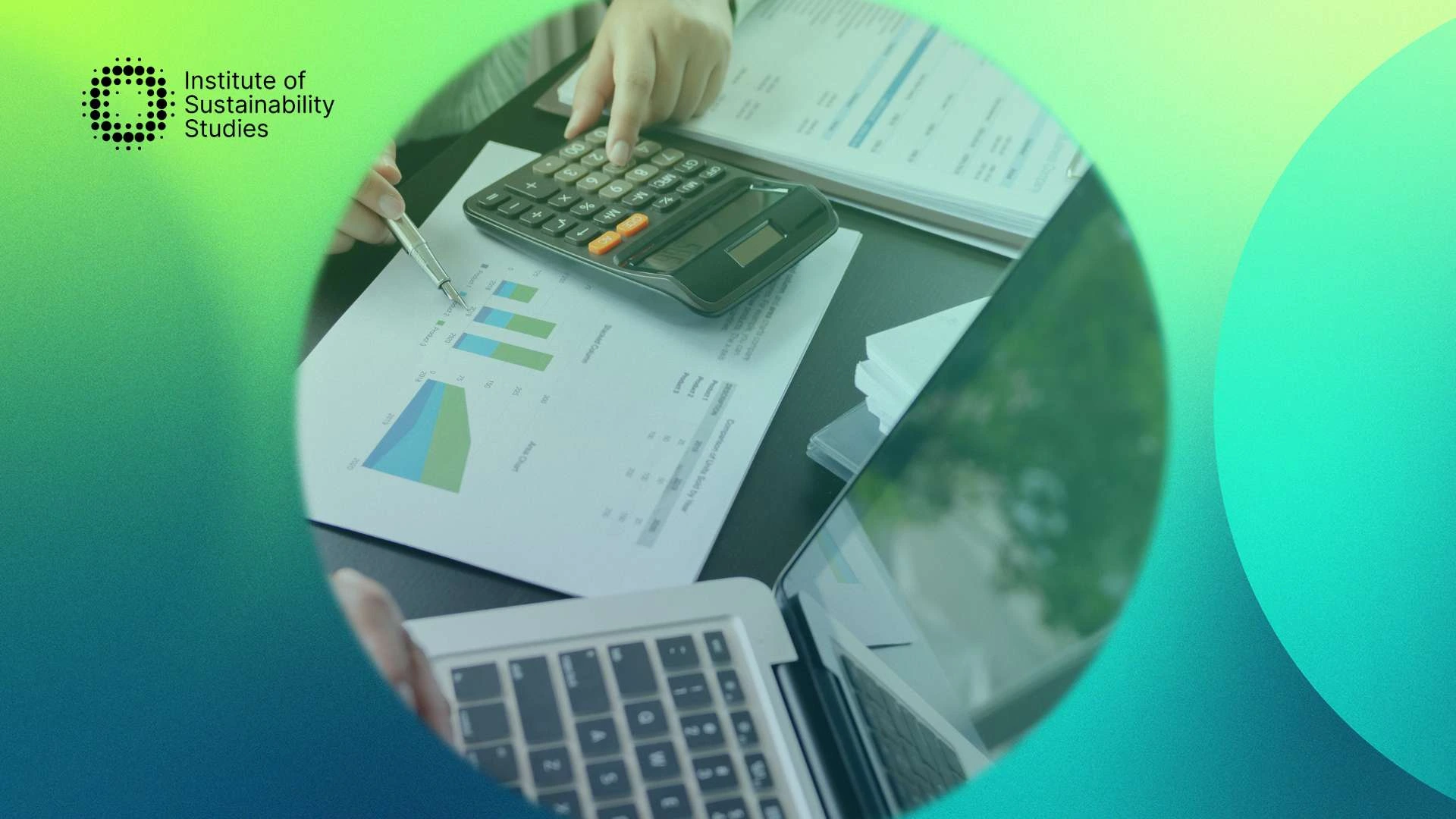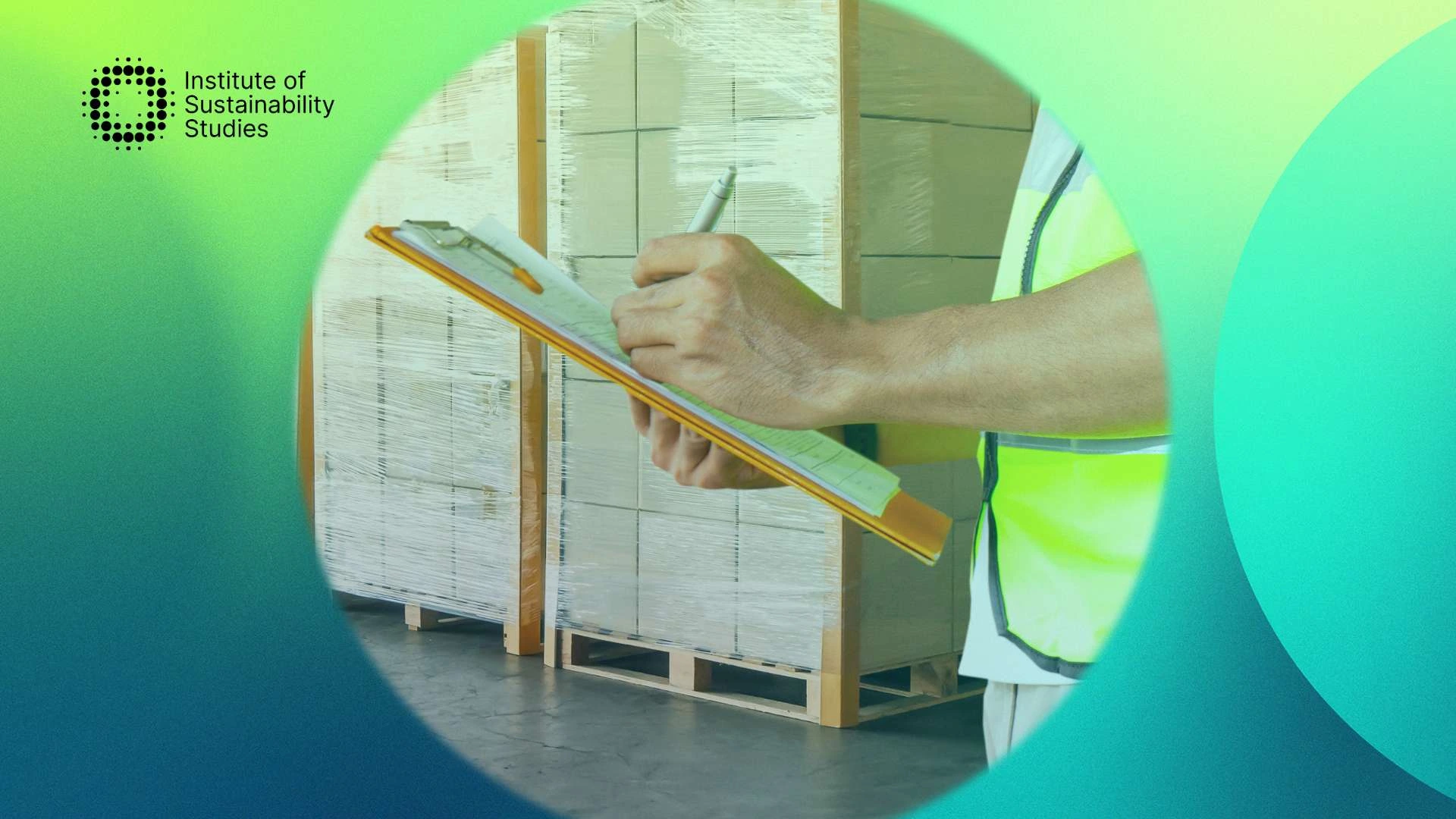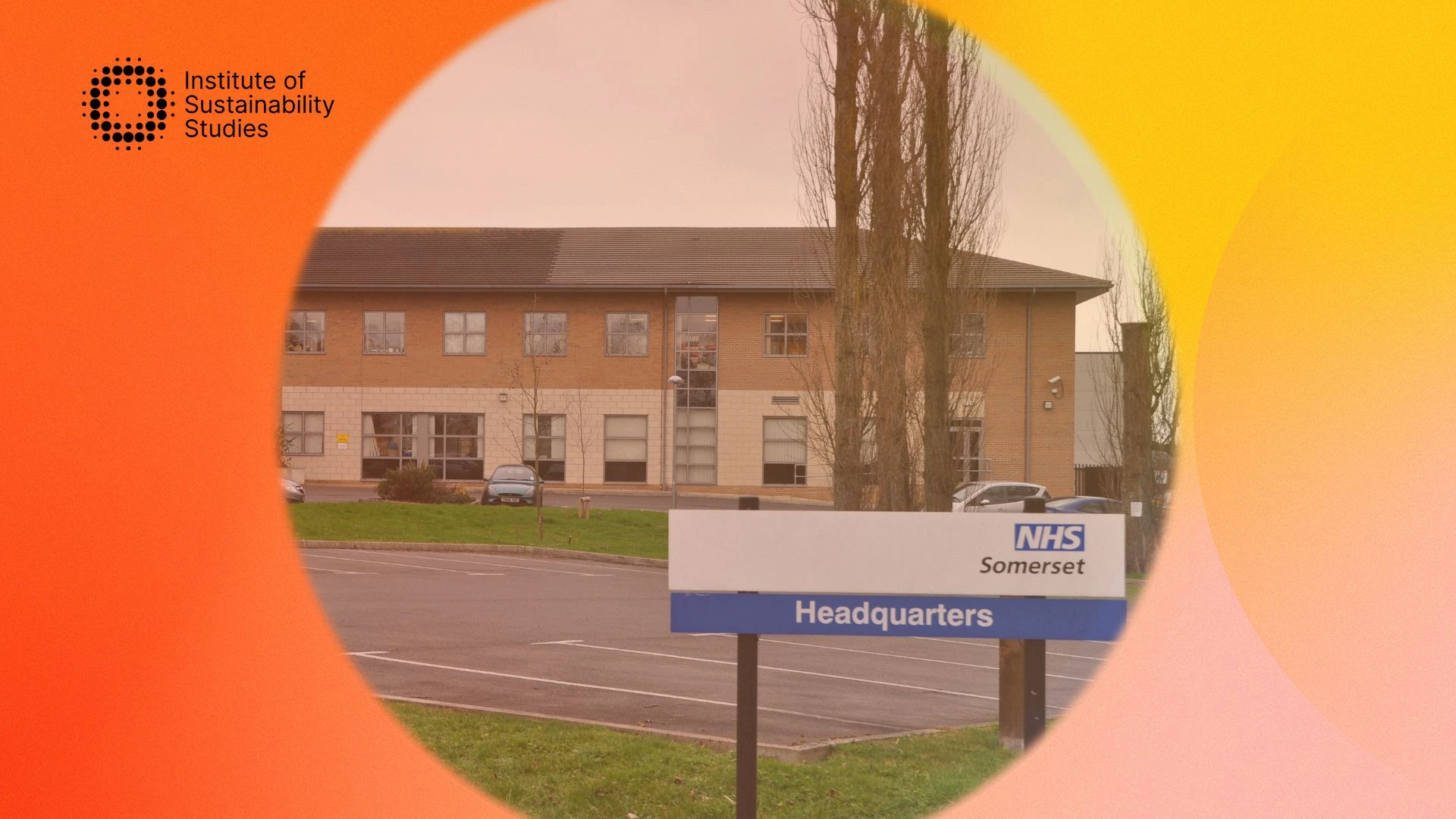Much of the Earth is swimming in discarded plastic, posing severe consequences for animal and human health and challenging our goals for environmental sustainability. Plastic pollution is one of our most pressing environmental issues today.
The problem with plastic is that it never decomposes. It does break down, but when it reaches this point, it only becomes more dangerous. According to Greenpeace, every single piece of plastic ever made still exists and will continue to exist for another 500 years at least.
With this in mind, we desperately need to tackle our global plastic crisis. Plastic credits could be the solution for businesses curbing their plastic footprint and taking climate action. This is because it allows for plastic waste reduction at a time when we are trying to transition to a circular economy.
About plastic credits
Put simply, a plastic credit is a transferable certificate that represents the collection of a certain weight of plastic waste that has been recycled or recovered to avoid it ending up in the natural environment. These credits have to be traceable, verifiable, and measurable.
You can buy them from organisations and other end users to reduce your plastic footprint. As a business, focusing on your plastic footprint can help you offset your impact and go plastic-neutral. You do this by curbing plastic waste as much as possible, so it does not find its way into nature.
The funds raised from purchasing plastic credits can be used to facilitate the recovery and recycling of plastic waste and finance essential infrastructure. With all of this in mind, plastic credits are an innovative and powerful financing tool. This is because they can help to fund solutions to our significant worldwide plastic pollution issue.
How do plastic credits work exactly?
The concept of plastic credits was pioneered by rePurpose Global, an organisation solving the worldwide plastic waste crisis. They wanted to create a verifiable, traceable, and measurable way to incentivise the recovery and removal of plastic waste via several impact projects globally.
These plastic credits are now issued by numerous other plastic-waste recovery organisations. Some of the organisations providing plastic credits include the Plastic Bank, Cleanhub, Plastic Credit Exchange, South Pole, and Seven Clean Seas. All of these issuing organisations are working collectively to help us tackle our plastic problem.
How exactly do plastic credits work? It’s essential to note that only plastic waste, which would not have been collected without the intervention and therefore would end up in the natural environment, counts toward the credit. The plastic is retrieved from nature-bound sources, and anything that can be recycled will get recycled.
The leftover materials then go on to the next most eco-friendly end-of-life management systems like co-processing or reprocessing. For every additional kilogram of plastic recovered or recycled by an impact project, organisations like rePurpose Global issue a certified plastic credit.
Who are plastic credits for and how can they help?
The impact project partners’ plastic credits are documented. From this point, they can be purchased and utilised by businesses. These businesses are those looking to meet their plastic neutrality or plastic waste reduction goals. Some of these issuing organisations, like rePurpose Global, also offer tools and support for businesses to tackle their plastic footprint.
They can measure their footprint and calculate the exact number of credits they require to offset it. The enterprises that buy the plastic credits equivalent to the recycling or removal of plastic waste they create annually are then issued a transferable certificate. However, they must also commit to continuing their efforts to reduce their plastic use. Plastic credits are an excellent idea for businesses that want to do more to help the planet.
Summary
The plastic crisis is one of our biggest challenges, and according to National Geographic, it’ll take $30 million of funding every year to turn it around. Solutions like plastic credits are helping to fill this gap and are much needed to enable the scaling up of existing solutions, support circular-economy innovations and establish waste management infrastructure globally.
Dedicated to harnessing the power of storytelling to raise awareness, demystify, and drive behavioural change, Bronagh works as the Communications & Content Manager at the Institute of Sustainability Studies. Alongside her work with ISS, Bronagh contributes articles to several news media publications on sustainability and mental health.
- Bronagh Loughlinhttps://instituteofsustainabilitystudies.com/insights/author/bronagh/
- Bronagh Loughlinhttps://instituteofsustainabilitystudies.com/insights/author/bronagh/
- Bronagh Loughlinhttps://instituteofsustainabilitystudies.com/insights/author/bronagh/
- Bronagh Loughlinhttps://instituteofsustainabilitystudies.com/insights/author/bronagh/











